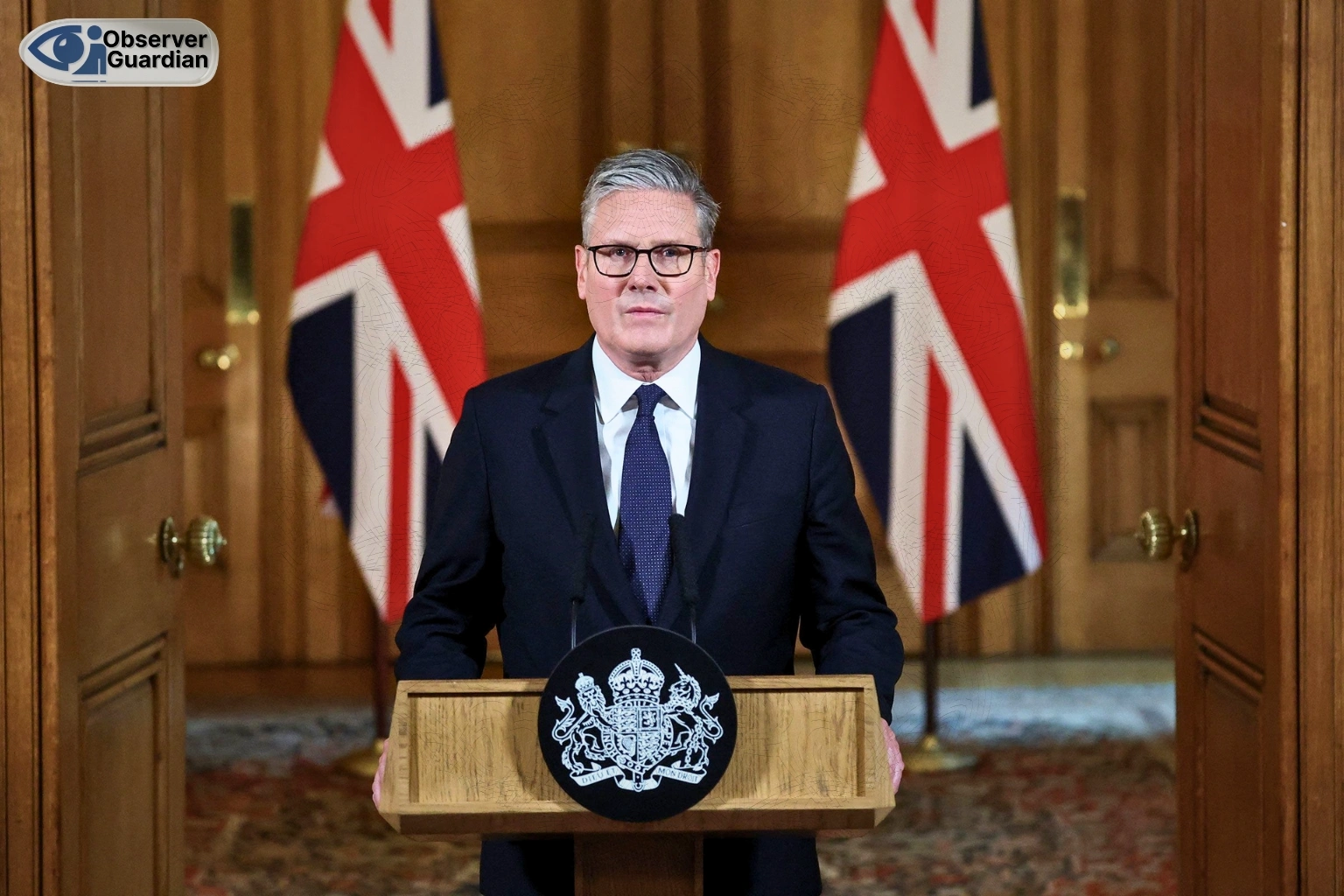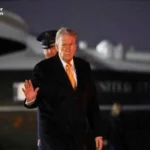Starmer bets on diplomacy after Gaza’s “annihilation season”
After months of internal Labour wrangling, Prime Minister Keir Starmer informed the House of Commons on 19 September 2025 that Britain will recognize the State of Palestine once a largely symbolic UN General Assembly vote concludes next week. The move fulfils a pledge Starmer made in July, conditioned on Israel failing to deliver a “sustainable cease-fire, hostage release and re-engagement with a two-state path” benchmarks Downing Street says have not been met.
Recognition stops well short of sanctions. Government legal advice clarifies that London “is not obliged to punish Israel” for occupation practices it already deems unlawful, and existing arms-export licenses will be reviewed case by case.
Still, the diplomatic optics are stark. Husam Zomlot, head of the Palestinian mission in London, will raise the red-green-black-white flag over a newly upgraded embassy on Monday, upgrading relations from “delegation” to full bilateral status.
Domestically, Starmer’s calibrated step pleases few. The party’s left wants immediate suspension of all UK arms sales to Israel, arguing that recognizing Palestine while continuing to ship F-35 components makes Britain “complicit in genocide”. Conservative shadow foreign secretary Dame Priti Patel counters that rewarding Palestinian governance “while hostages remain in Gaza tunnels” undermines any future negotiation.
Internationally, the UK joins Canada and France in a coordinated G7 mini bloc, each listing caveats that preserve wiggle room. Paris demands a demilitarized Palestinian state, Ottawa insists on 2026 elections without Hamas, and London retains the right to delay recognition if battlefield dynamics shift.
Israel’s response has been notably muted, an indication, diplomats say, that Jerusalem fears escalating the narrative of diplomatic isolation after last week’s Doha strike. Privately, Israeli officials warn the move “kills the Oslo framework” by removing the final-status issue of recognition from negotiated compromise.
Analysts credit public-opinion pressure more than strategic altruism. Polls show 61% of Britons support recognition, and Labour MPs from Muslim-heavy urban seats threatened a back-bench rebellion if Starmer delayed further.
Recognition’s practical impact on the ground will be slim in the short term. Israel still controls borders, currency and customs in the West Bank, and Hamas rules Gaza. Yet as International Crisis Group’s Hugh Lovatt notes, “The taboo is broken; once a G7 state recognizes Palestine, others scramble to avoid looking like outliers” a dynamic that could snowball at the UN and embolden war-crimes litigation at the International Court of Justice.
For Palestinians, the gesture is equal parts symbol and insurance policy. Symbol that their national existence is no longer negotiable, insurance that further West Bank annexation will face steeper diplomatic costs. For Starmer, the gamble is that “diplomatic recognition now” offers the only viable off-ramp to a war he fears could “eradicate the last chance of two states” and with it, Britain’s moral authority in the Middle East.








